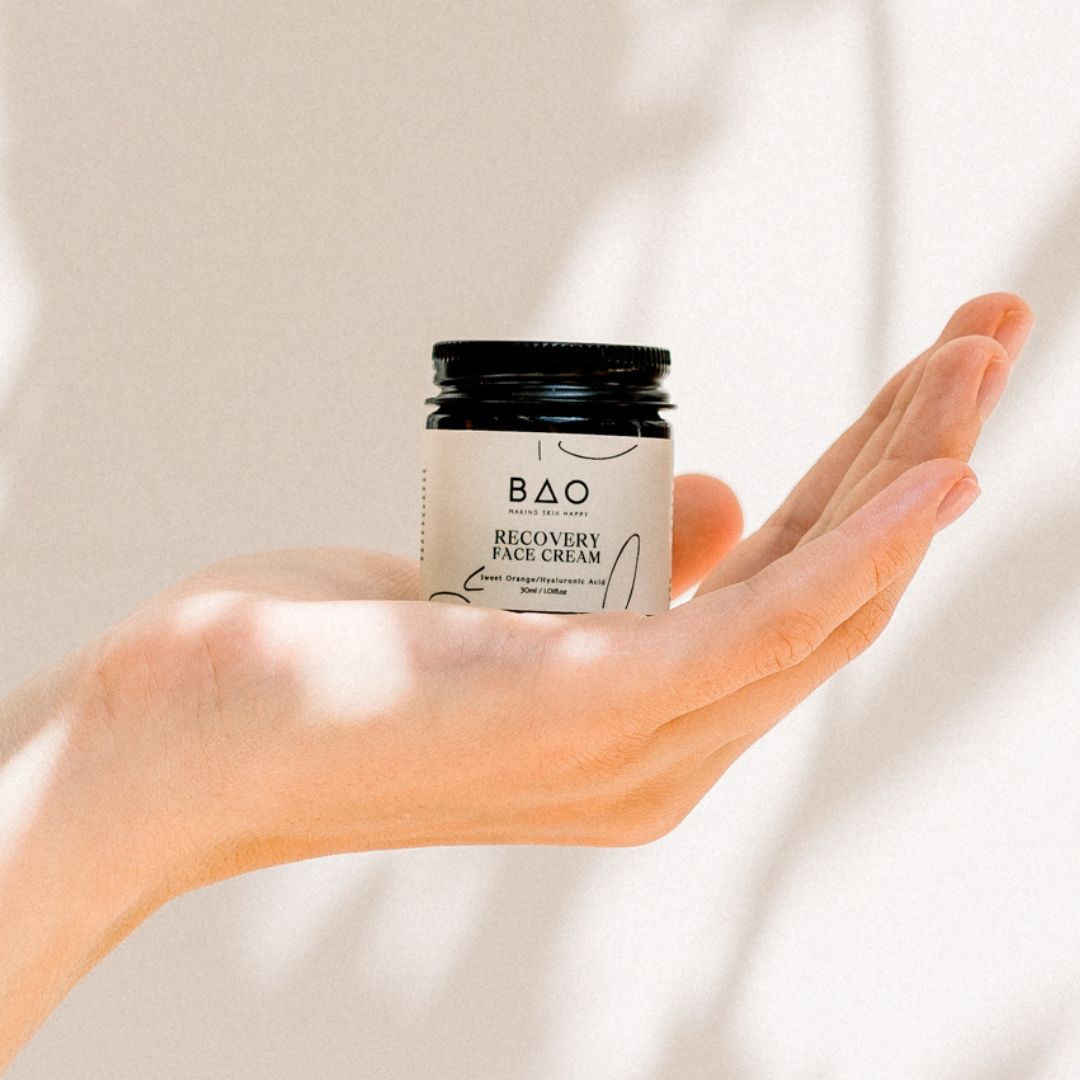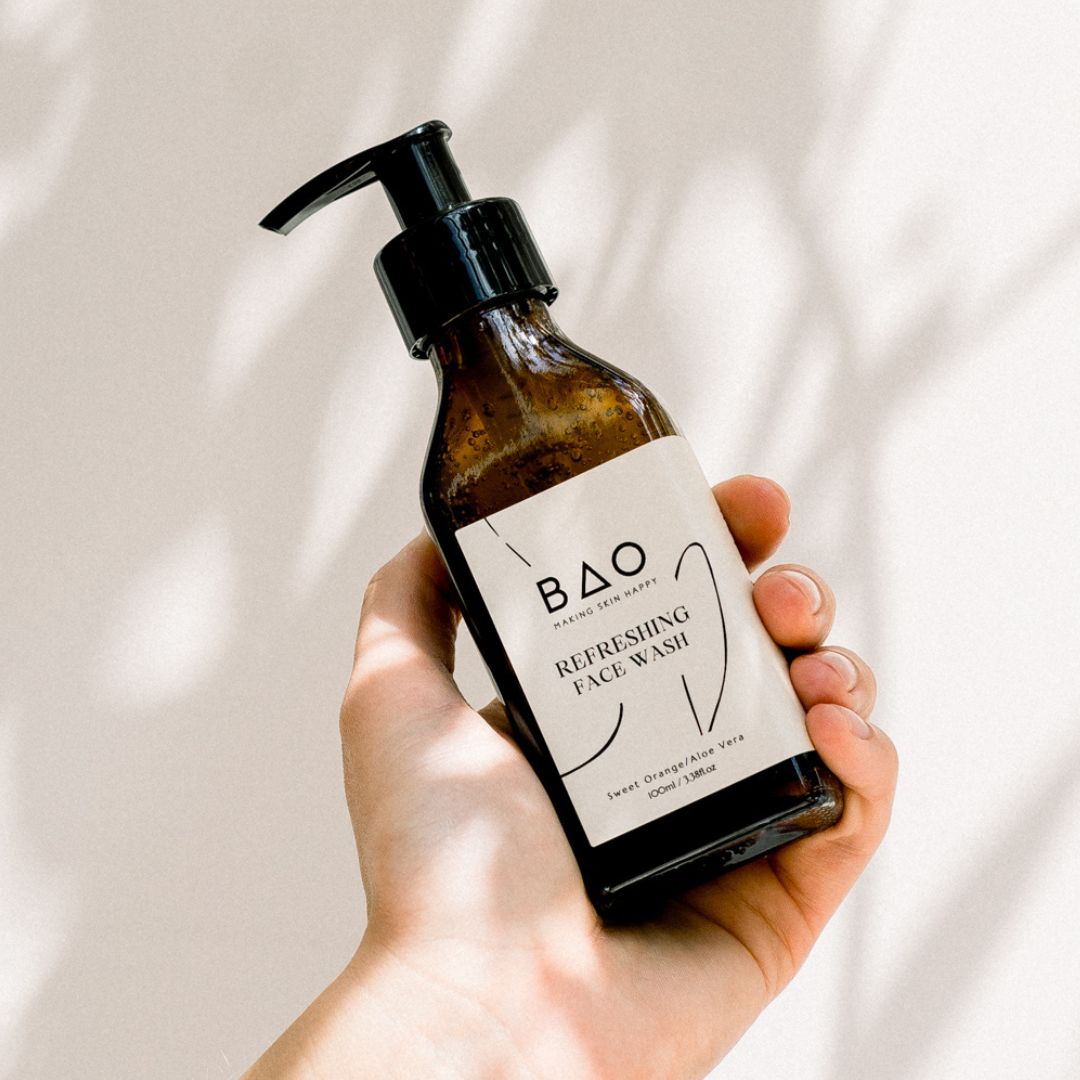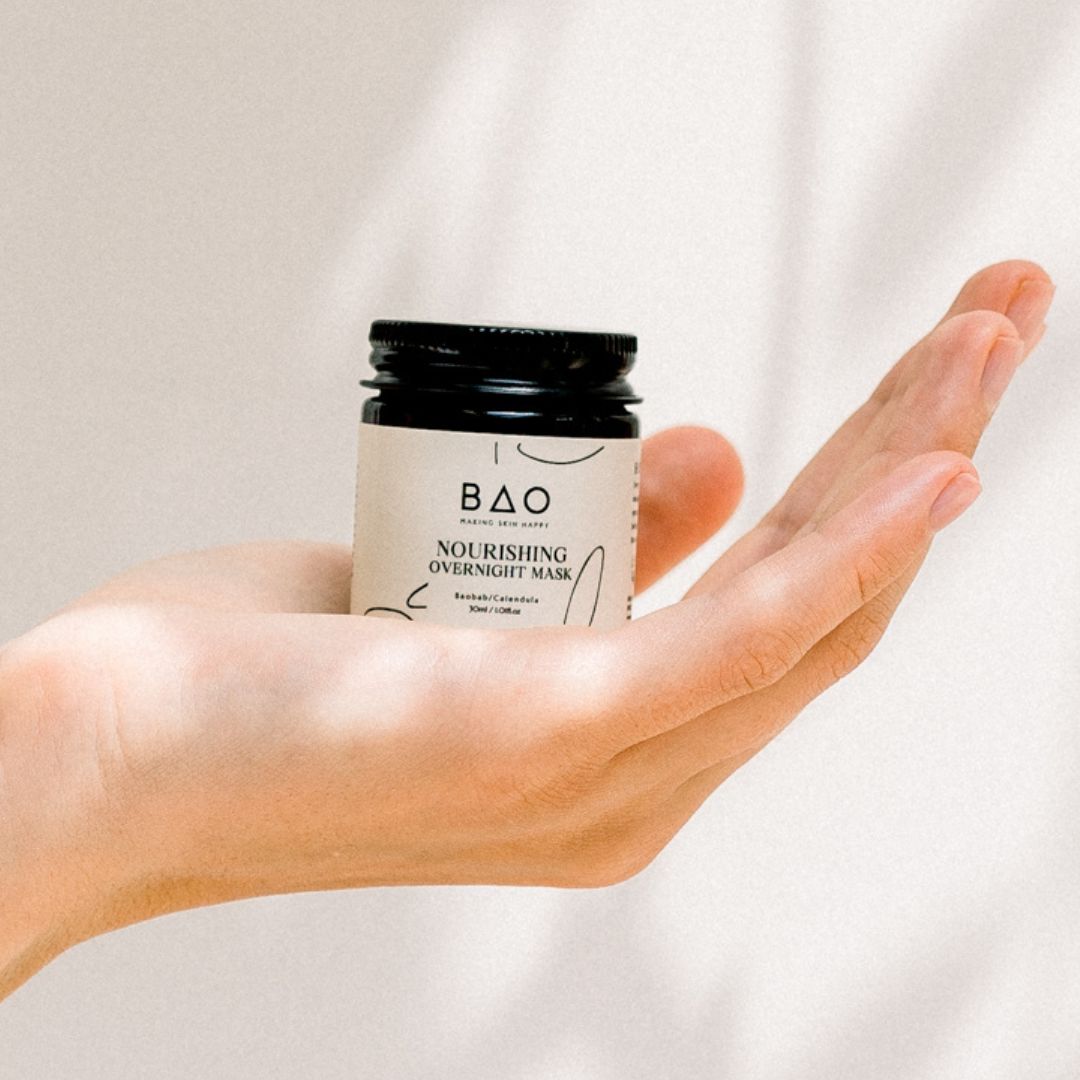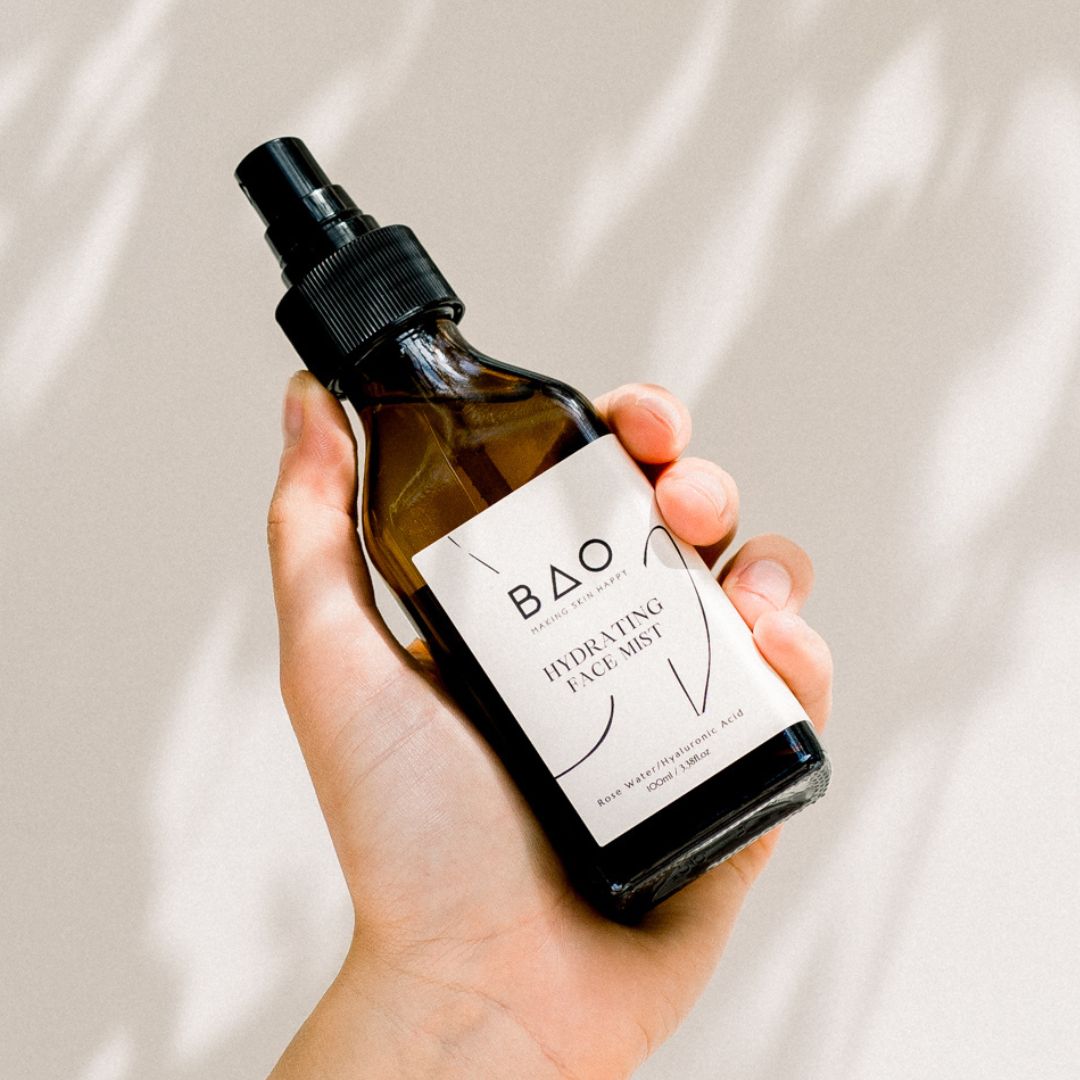WHICH SUNSCREEN IS BEST?
The most important things to look for:
- Broad Spectrum (protects against UVA and UVB rays)
- SPF 30 or higher for everyday use
Broad spectrum =
- UVA (Ageing rays — think wrinkles and pigmentation)
- UVB (Burning rays — the ones that cause sunburn and increase cancer risk)
WHAT DOES SPF STAND FOR?
SPF = Sun Protection Factor.
It tells you how much longer it will take for UVB rays to redden your skin with sunscreen compared to without it.
🧴 Example: SPF 50 means it takes 50 times longer for your skin to burn than without any protection — when applied properly.
HOW SUNSCREEN WORKS
Sunscreen blocks or absorbs UV rays, stopping them from damaging your skin cells. But remember — no sunscreen blocks 100% of UV radiation.
Even with SPF, always:
- Seek shade in peak sun hours
- Wear a wide-brimmed hat and protective clothing
- Stay hydrated
✨ Pro tip: Working next to a window? You’re still exposed to UVA rays. Daily SPF indoors is a thing — and it matters.
WHY IS SUNSCREEN IMPORTANT?
Yes, it protects against sunburn — but the benefits go way beyond that:
✅ Reduces skin cancer risk
Regular use of SPF 15 can reduce squamous cell carcinoma risk by 40% and melanoma risk by 50%.
✅ Prevents premature ageing
Think fine lines, sagging, and age spots — most caused by sun exposure.
✅ Protects your skin barrier
Keeps skin strong, healthy, and able to repair itself.
Chemical vs Mineral Sunscreens
Mineral Sunscreens (aka Physical Sunscreens)
- Contain zinc oxide or titanium dioxide
- Sit on top of the skin and deflect UV rays
- Ideal for sensitive skin, babies, and those with heat reactivity
- Start protecting immediately
Chemical Sunscreens
- Contain ingredients like avobenzone, octisalate, etc.
- Absorb into skin and absorb UV rays like a sponge
- Tend to have a lighter texture, great under makeup
- Need to be applied 30 minutes before sun exposure
Both types are safe and effective — it’s all about what works best for your skin.

Best Sunscreen for Your Face
- Your daily moisturiser with SPF 15 isn’t enough
- Foundation doesn’t offer full protection
- Always wear SPF 30+ on your face — and SPF 50 in summer or if you’re outdoors for extended periods
Look for:
✅ Lightweight textures
✅ Non-comedogenic formulas (won’t clog pores)
✅ Designed specifically for the face
Best Sunscreen for Oily or Acne-Prone Skin
If your sunscreen feels greasy or causes breakouts, switch to:
- Oil-free
- Non-comedogenic
- Mattifying or gel-based formulas
They’ll keep you protected and shine-free throughout the day.
How Often Should You Reapply?
Apply sunscreen:
- 30 minutes before going outside
- Every 2 hours when exposed to the sun
- Immediately after swimming or sweating
Even if you tan easily or rarely burn — you still need sunscreen. Every day. All year round.
Can SPF Irritate Skin?
Some chemical sunscreens can cause:
- Redness
- Stinging
- Itchy bumps
If you have sensitive skin:
- Opt for mineral-based sunscreens (zinc or titanium dioxide)
- Look for fragrance-free and hypoallergenic formulas
Note: Some people have photosensitivity, where their skin is overly reactive to sunlight due to medications or conditions — in this case, sun protection is extra important.
Can Sunscreen Cause Breakouts?
Yes — if you’re using a formula that clogs pores.
To avoid breakouts:
- Choose non-comedogenic SPF
- Cleanse your skin thoroughly at night
- Avoid heavy, greasy sunscreens (especially on the face)
Do I Need Sunscreen on Cloudy Days?
Absolutely!
Up to 80% of UV rays still reach your skin through clouds. So even on overcast days, your skin is still at risk.
Sun Protection Tips to Remember
- Apply SPF daily as part of your morning skincare routine
- Cover easy-to-miss areas like your ears, back of your neck, and your parting
- Use at least a tablespoon of sunscreen for full-body protection
- Don’t forget your hands — they show signs of ageing quickly!






